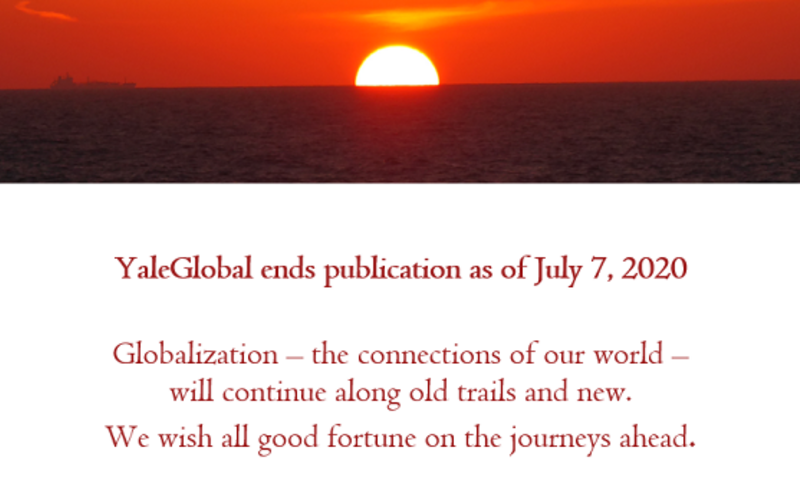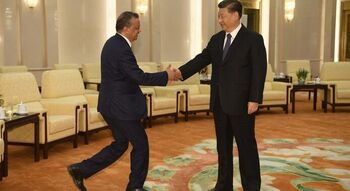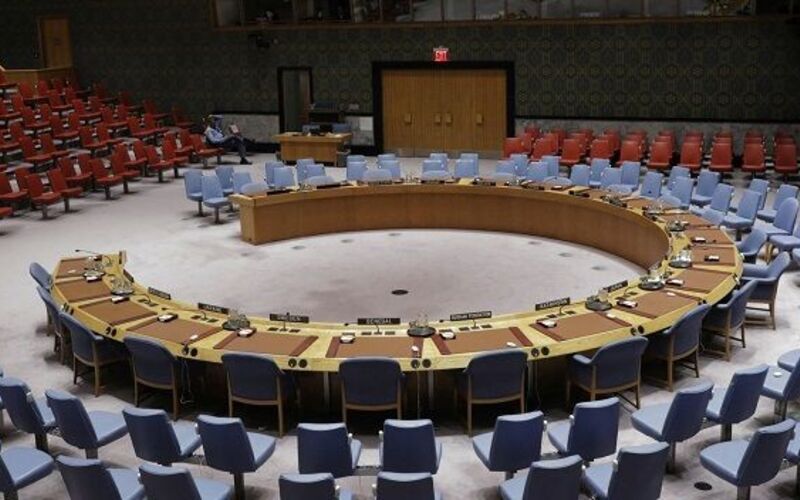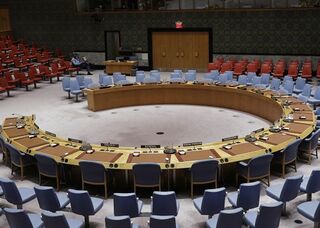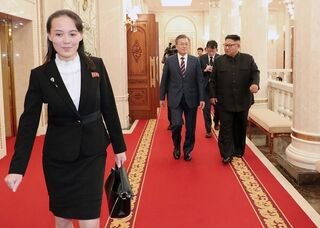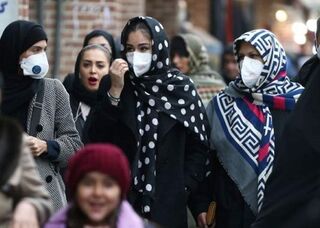Feature Articles
Recent Articles
Politics
As governments confront many challenges that are global in scale, leaders find they must cooperate in responding to financial, climate, terrorism and other crises. As a result, a global audience has developed keen interest in how and why nations select their leaders. On one hand, citizens expect sensible and collective action, transparency and fair representation; on the other hand, citizens and leaders fret about compromising security, sovereignty or loss of control. Diplomats and global organizations like the United Nations aim to achieve a balance, even as global communications allow citizens in democracies or authoritarian states to steer attention to issues. Attention to citizen demands and multilateral cooperation contribute to stability.
Security & Terrorism
The links between security and globalization were highlighted by the 2001 terrorist attacks on New York City and Washington, DC, and the subsequent long wars in Afghanistan and Iraq. Lingering poverty, inequality, religious extremism and war can sow discontent and resentment as unprecedented global mobility lends access to education and travel in other countries. Despite use of drones, cyber-warfare and other advanced weapons technology to mount counterterrorist attacks, the marginalized can strike out at vulnerable urban or economic centers. Annual global defense spending exceeds $1.6 trillion. Containing the trade in weapons, whether nuclear bombs or assault rifles, and preventing them from falling into the wrong hands remain a challenge.
Environment
The Earth’s environment is the source of economic, social, cultural activities, with nature shaping human life over the centuries. The rapid growth in the world population, from 1 billion in 1830 to 7 billion today, add pressures for air quality, oceans, land use and resources as basic as water. Awareness is building about over-reliance on fossil fuels, how carbon and other emissions contribute to global warming and volatile weather. Every industry requires energy, and cross-border industrialization, transportation and other economic activities contribute to environmental degradation. Yet globalization also spurs awareness and activism over the need for global cooperation and standards to promote sustainability and environmental protection.
Society & Culture
Globalization wields powerful influence over societies and cultures. Business travelers and tourists both observe and distribute new ideas. New ideas, interactions, foods and products are tried, then embraced or discarded. With the internet or satellite television, films, publications, photographs, news reports and cartoons can travel instantly, entertaining or angering audiences around the globe. With social media like Facebook or Twitter, individuals offer news and own instant pronouncements on trends. Whether slowly through immigration or immediately online, these connections bring about some convergence of norms on fashion to human rights while also provoking challenges from traditionalists. A global society has emerged, and it’s tightly linked.

